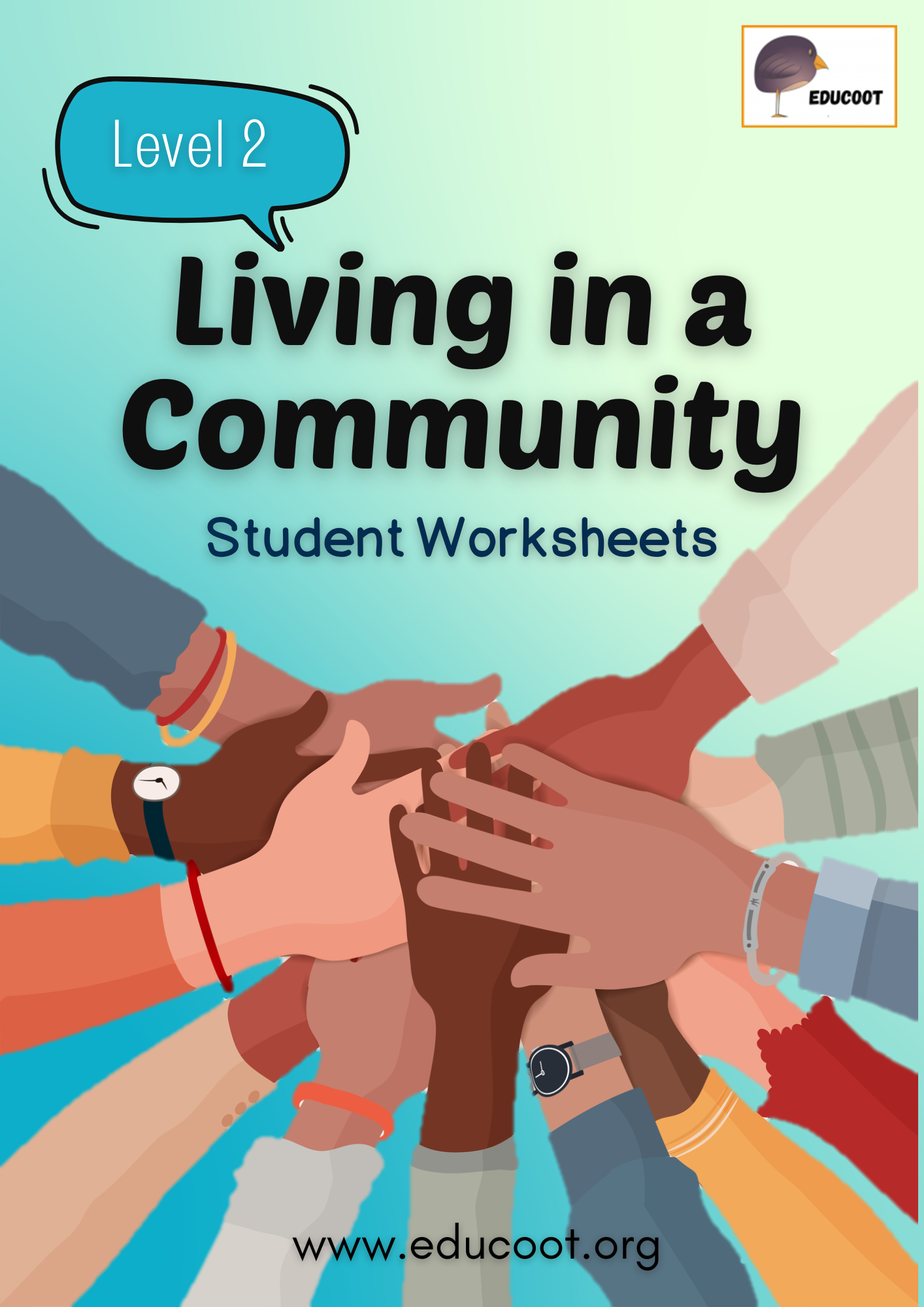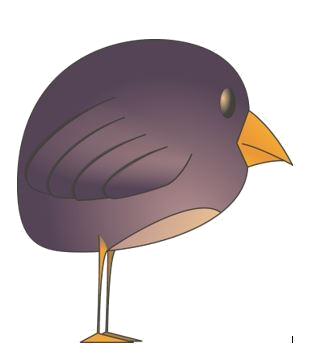 Image 1 of 1
Image 1 of 1


L2LP/Level 2 Living in a Community
DIGITAL RESOURCE ONLY
Student worksheets - 207 Pages
Printable and fillable versions included
Teaching slides
See a sample here
Learning outcomes for this course:
Developing good relationships
• Recognise different kinds of relationships, e.g. parent/child, student/teacher, student/student • Identify situations where people speak differently depending on audience, e.g. peers, teachers, parents, other adults • List ways in which name calling and teasing can be hurtful to self and others • Recognise/list ways in which they would like to be treated • Describe ways of making and keeping friends, e.g. identify traits which are/are not desirable in a friendship • Participate co-operatively in a group situation • Recognise the importance of respect in relationships
Resolving conflict
• Describe what peer pressure is, give examples of peer pressure and suggest ways of handling it • Describe ways of handling peer pressure, e.g. role-play conflict situations between friends and how to resolve them • Demonstrate an ability to negotiate with peers, e.g. in the sharing of equipment • Describe the characteristics of bullying behaviour • Identify the school’s approach to dealing with bullying behaviour, e.g. being sent to the principal’s office, use of behaviour chart • Identify the steps for dealing with conflict, e.g. stop and do not react straight away, listen to advice from an adult
Using local facilities
• List ways of spending leisure time • Identify familiar places and organisations in the local community • Distinguish between what is free and what has to be paid for in the local community • Participate in a school-based community project and record their participation, e.g. a litter campaign
Seeking help and advice
• Name the relevant agencies that offer support and advice to the public, e.g. Citizen Advice Centre, local information centre • Describe the school’s procedure for reporting an incident, e.g. if someone is bullying you • Compile a short list of people or groups who can provide support, including personal contacts and groups/organisations • Describe how to contact a range of people or organisations in their local area that can provide help and advice, e.g. local Garda station • Visit a local community organisation and ask for advice
Making consumer choices
• List two organisations that work on behalf of consumers • Describe situations when an item needs to be brought back to a shop • Describe what a guarantee is • Identify labels on packages, clothes etc. • Recognise the most important signs and symbols on labels • Write a complaint or make a verbal complaint in a mock situation
DIGITAL RESOURCE ONLY
Student worksheets - 207 Pages
Printable and fillable versions included
Teaching slides
See a sample here
Learning outcomes for this course:
Developing good relationships
• Recognise different kinds of relationships, e.g. parent/child, student/teacher, student/student • Identify situations where people speak differently depending on audience, e.g. peers, teachers, parents, other adults • List ways in which name calling and teasing can be hurtful to self and others • Recognise/list ways in which they would like to be treated • Describe ways of making and keeping friends, e.g. identify traits which are/are not desirable in a friendship • Participate co-operatively in a group situation • Recognise the importance of respect in relationships
Resolving conflict
• Describe what peer pressure is, give examples of peer pressure and suggest ways of handling it • Describe ways of handling peer pressure, e.g. role-play conflict situations between friends and how to resolve them • Demonstrate an ability to negotiate with peers, e.g. in the sharing of equipment • Describe the characteristics of bullying behaviour • Identify the school’s approach to dealing with bullying behaviour, e.g. being sent to the principal’s office, use of behaviour chart • Identify the steps for dealing with conflict, e.g. stop and do not react straight away, listen to advice from an adult
Using local facilities
• List ways of spending leisure time • Identify familiar places and organisations in the local community • Distinguish between what is free and what has to be paid for in the local community • Participate in a school-based community project and record their participation, e.g. a litter campaign
Seeking help and advice
• Name the relevant agencies that offer support and advice to the public, e.g. Citizen Advice Centre, local information centre • Describe the school’s procedure for reporting an incident, e.g. if someone is bullying you • Compile a short list of people or groups who can provide support, including personal contacts and groups/organisations • Describe how to contact a range of people or organisations in their local area that can provide help and advice, e.g. local Garda station • Visit a local community organisation and ask for advice
Making consumer choices
• List two organisations that work on behalf of consumers • Describe situations when an item needs to be brought back to a shop • Describe what a guarantee is • Identify labels on packages, clothes etc. • Recognise the most important signs and symbols on labels • Write a complaint or make a verbal complaint in a mock situation
